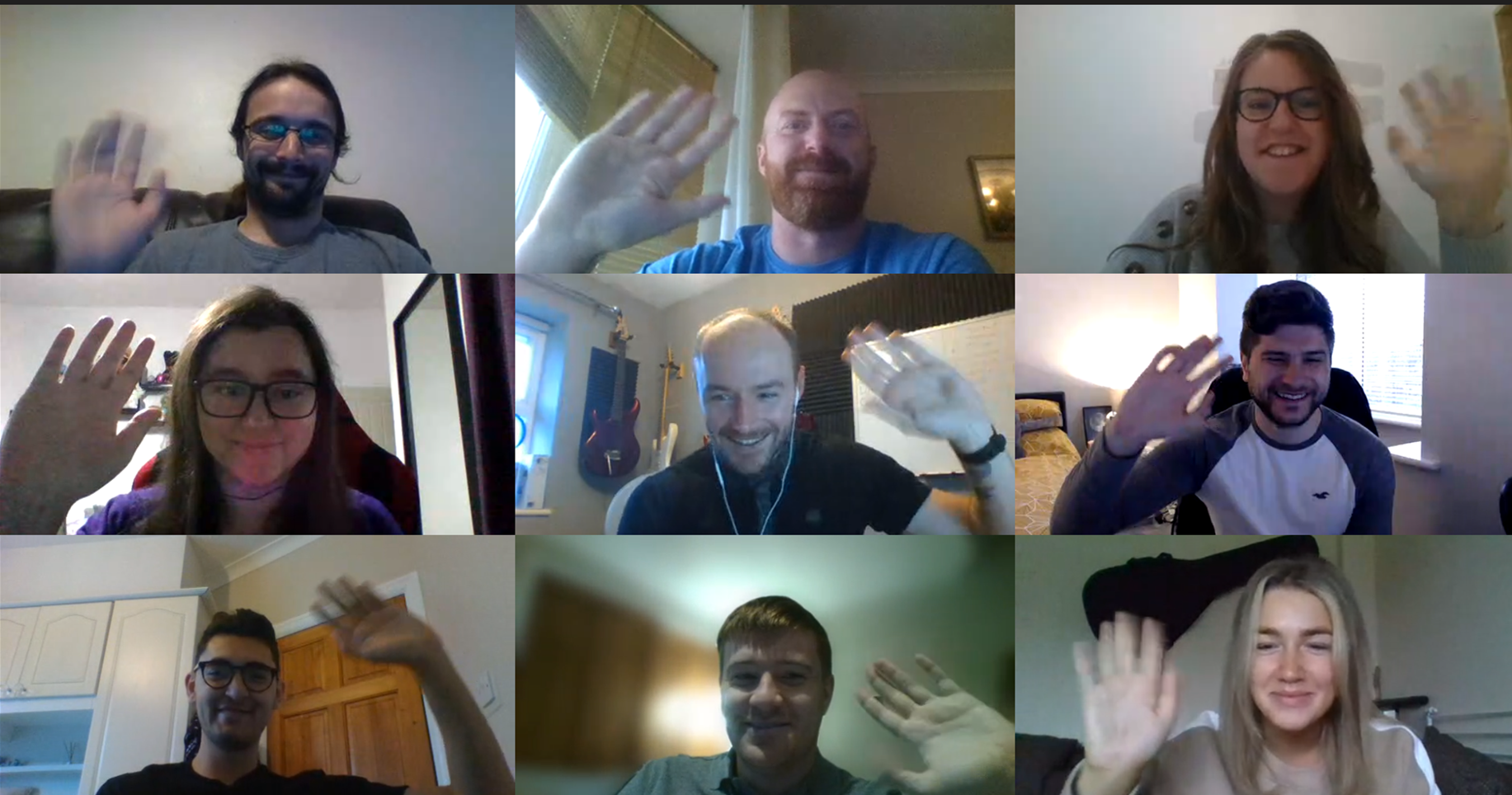Fish bred at Environment Agency’s fish farm used for rehabilitation of armed forces
-
10,000 Environment Agency bred fish used to re-stock lake on the Stanford Hall Rehabilitation Estate, Nottinghamshire
-
fish produced at Environment Agency’s national coarse fish farm used to create fisheries and improve stocks where natural reproduction is low
-
income from fishing licence fees enables the national coarse fish farm’s work to continue
Fish bred at the Environment Agency’s national coarse fish farm in Calverton, Nottinghamshire have been used to stock the fishing lake at the Stanford Hall Rehabilitation Estate in Nottinghamshire.
Now, angling can be used to help support the rehabilitation of members of the armed forces who have been wounded, injured or sick as part of their military service and are being treated at the new Defence Medical Rehabilitation Centre (DMRC Stanford Hall).
The recent re-stocking of fish at the Duke’s Lake in the Stanford Hall Rehabilitation Estate in Nottinghamshire was the first of what is hoped to become an annual re-stocking to increase the amount and variety of fish in the lake for the benefit of anglers.
Over 10,000 fish were stocked into the lake, including 2,000 bream, 2,500 rudd, 4,666 roach and 1,300 crucian carp, some of the bumper weight of fish the farm produced in 2019.
The DMRC Stanford Hall was built following a £300m fundraising campaign by the Defence and National Rehabilitation Centre (DNRC) Programme. There are also proposals to build a National Rehabilitation Centre to treat NHS patients 400 metres away on the same site as the Defence facility.
Fisheries Technical Officer at the Environment Agency, Jake Dorey, said:
The aim is to use fishing as part of the rehabilitation process, and this huge boost of fish stocks should go a long way in helping to achieve this.
Before we re-stocked the lake we carried out a winter netting last year to establish what the fish stocks were like. As this showed that fish stocks in the lake were extremely low, we agreed to supply and deliver over 10,000 fish bred at the Environment Agency’s national coarse fish farm.
It has long been proven that green activities such as angling have a positive impact on mental health, so it is hoped that the additional fish, with a good variety for anglers, will provide a welcome boost to the rehabilitation services available at this facility.
We also established that the lake needed some floating islands as extra protection for the fish from avian predation.
Two, 2m x 6m islands with pre-planted mats and fencing, which provide habitat for both fish and bird species, will soon be installed in the lake.
The initiative to create Defence and NHS rehab establishments on a specially acquired site came from the late 6th Duke of Westminster and he considered the existence of water to be an essential element of the rehabilitation process.
The Duke’s Lake (as it is now known) is a key feature of the Estate’s parkland and setting. Re-stocking it with fish means it can be used to help patients with their rehabilitation and have a positive impact on the healing process.
Notes to editors
-
The Environment Agency’s national coarse fish farm near Calverton, Nottinghamshire had another record breaking year by producing its largest ever tonnage of fish in 2019.
-
12.3 tonnes of fish were produced in 2019 – compared with 11.6 tonnes the previous year – an increase of 6%. In 2017, the amount of fish bred at the farm was 9 tonnes.
-
In addition, in 2019 the fish farm also stocked out over 7 million (7,600,000) advanced reared larvae into the wild. In 2018, nearly 7 million (6,905,000) larvae were bred at the farm and released, compared to 6 million in 2017.
-
Find out how to get a fishing licence.
-
For more information on the Defence and National Rehabilitation Programme, visit www.thednrc.org.uk/.


